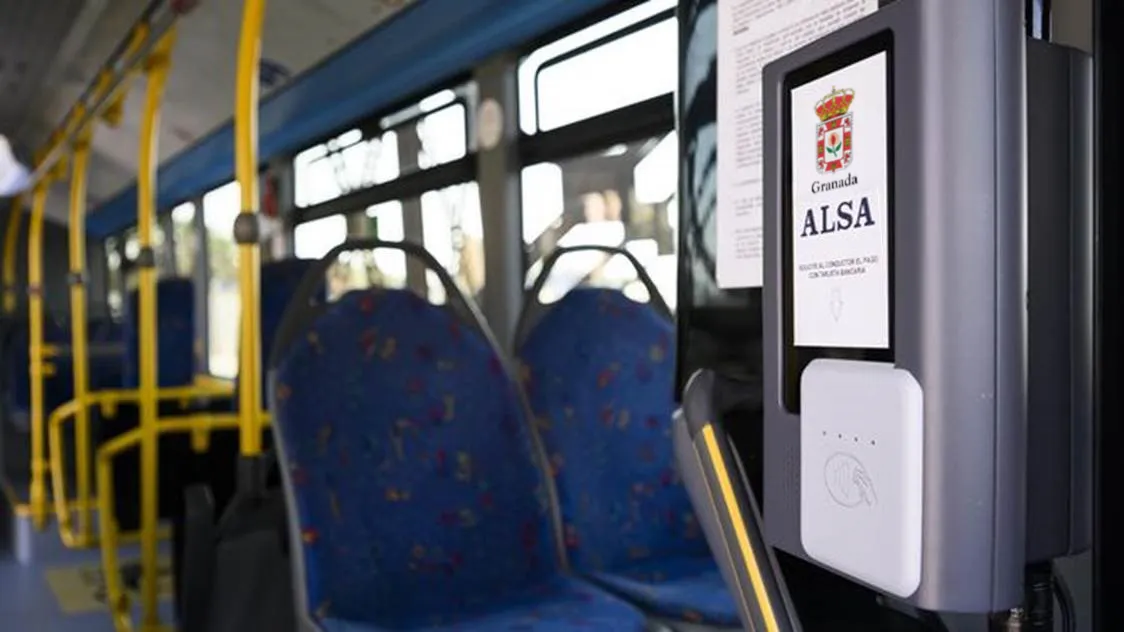The company says the CPC204 controller provides full access control to a parking facility shared by up to four independent user groups. It validates user credentials and prevents each user group from exceeding its allocated number of parking spaces.
The CRC202 controller is expected to control access to parking facility by a single group of users, preventing over occupancy of the facility. It can also be used to manage the sharing of a facility by two user groups.
According to Nortech, both controllers provide a range of access control functions such as restricting parking to certain times of the day, preventing the abuse of pass cards (pass back) and supporting visitor management using group specific PIN codes.
The controllers support independent readers and gate controls for entry and exit gates/barriers and work with most types of card reader/vehicle ID reader. They can accommodate up to 9,999 users per group, the company adds.
Nortech launches controllers for shared parking facilities
Nortech introduced the CPC202 and CPC204 Shared Occupancy Controllers, which control access for groups of users sharing the same parking facility.
August 9, 2019
Read time: 1 min










